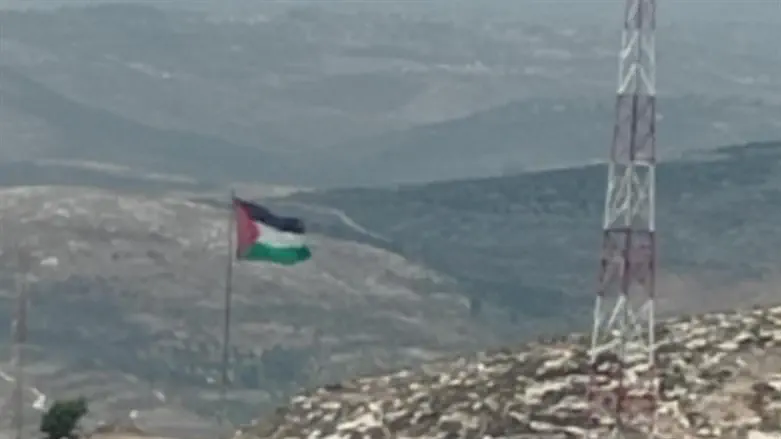
Dedicated in memory of Yaakov ben Avraham and Sarah Aharonov z"l
Rav Avi Goldberg is former Rosh Kollel, Memphis and is now a teacher in Himelfarb religious boys high school, Jerusalem
Reading Parshat Ki Tavo before Rosh Hashanah is an ancient and unique regulation (apparently it affects the reading times of many portions) - and so it is said in gemara:
"Rabbi Shimon ben Eleazar says: Ezra instructed them in Israel to recite the curses in the book of Deuteronomy, before Rosh Hashanah, so that the year and its curses would be consumed" (Megillah no. 12)
Already since the days of the Rishonim, it was noted that the custom is not to attach the reading of the Parashat Ki Tavo with the curses to Rosh Hashanah, but rather to separate them by reading it two weeks before. Why do we do this?
Some explained the matter by saying that even in Parashat Nitsavim there is some mentioning of the curses –- "And all the curses written in this book fell upon him…". According to this explanation, Ezra's rule of reciting curses before Rosh Hashanah is also fulfilled when reading Parashat Nitzivim before Rosh Hashana (Or Zarua).
However, others explained in a different way - Parshat Nitzvim is a break from the curses, so it is read to stop between the curses and Rosh Hashanah, since it is not a good sign to attach the curses to Rosh Hashanah itself. (Rosh & Tos.).
We will try to combine the two methods and offer a third approach.
The curses that appear in our parasha are not the end of the story. The descriptions of the curses mentioned in Parshat Nitzavim don’t stand by their own, but rather are a reflection and observation of the generations to come after the destruction - "And the last generation of your children who will arise after you and the stranger who will come from a far country and see their plagues of that land and its diseases that G-d afflicted in it."
And even the nations around us are asking about the magnitude of the destruction - "And all the nations said why has God done this to this land, what is this great destruction?". And they will all answer - "And they said about those who forsook the covenant of God, the God of their fathers, which he made with them when he brought them out of the land of Egypt: and they went and served other gods and worshiped them A God whom they did not know and did not share with them, and God chose in that land to bring upon it all the written curse In this book: And the Lord will rise from above their land with a great blast and heat and a great foam and cast them into another land after this day" (Deuteronomy 29:11-27).
It follows, then, that the end of the curses episode, (similarly to the curses in the book of Vayikra), is the episode of repentance mentioned immediately after the end of the description of the curse of the exile - "And it was because all these things that came upon you, the blessing and the curse that I gave, you shall return to your heart… and the Lord your G-d return you and have mercy on you And gather you from all the nations where the Lord your G-d has scattered you:" (Deuteronomy 30:1-3).
The chapter of salvation, which describes in a wonderful composition the repentance to God and the return to the land, is a chapter of great verses of comfort and hope. We are taught that curses are not the end of the story, but only a process on the way to redemption, a step leading to repentance and the return of our people by G-d to the land of Israel.
It is possible that Ezra HaSofer, and Sages throughout the generations following him, direct us not only to "end the year and its curses" in the sense that all curses end before Rosh Hashanah, but that we are called to look back with a reflective view and return to G-d and reach great redemption! - Ezra's rule is to read the entire Parasha of Curses (Klalot) - which ends with a big promise for repentance and redemption before Rosh Hashanah, so we will always read Parshat Ki Tavo, followed by Parshat Nitzavim before Rosh Hashanah.
The past year requires us to look back. To look at the severe curses that occurred, at the great prices, and at the destruction that we witnessed. And hence grow! It's a call for us for repentance (Teshuvah), to know that we are standing before G-d, the curses end with great hope, with the deliverance we so long for, and with the repentance to which we are called!
"And the Lord your G-d will return you and give you mercy..."
" May the year and its curses end, may the next year and its blessings begin"!
For comments: goldbergmem@gmail.com